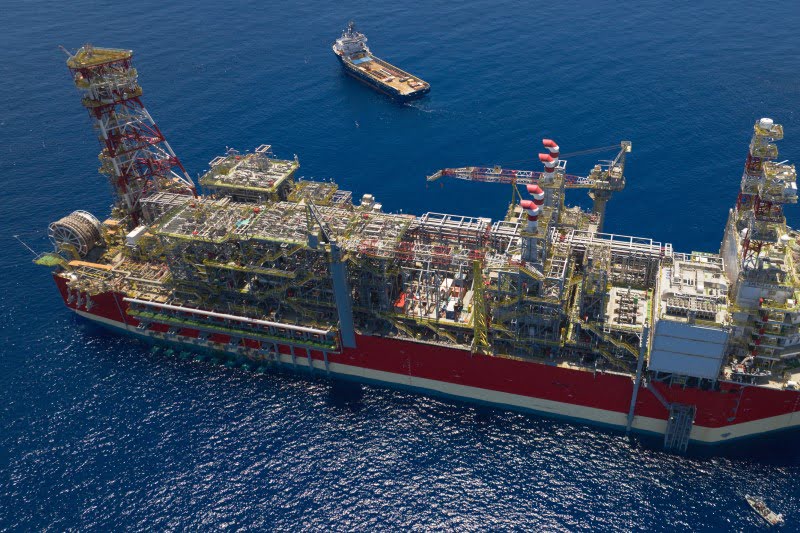China says Nvidia broke competition rules, extends probe; stock off lows
Investing.com -- Jefferies has upgraded Energean to a “hold” rating from “underperform", setting a new price target of 910p, up from the previous 800p, in a note dated Monday.
The decision follows the company’s confirmation that it will retain its Italy, Egypt, and Croatia assets after terminating a planned sale to Carlyle.
With these assets now back in the portfolio, production forecasts for 2025 have increased, and financial projections have shifted accordingly.
Energean announced the termination of its agreement with Carlyle shortly after releasing its full-year 2024 results.
The proposed sale, first unveiled in June 2024, had reached its long-stop date without completion.
The company is expected to provide updated production and financial guidance for 2025 in its May trading update, along with a strategy update outlining its plans for the retained assets and its future dividend policy.
As it stands, Energean has provided an indicative production range of 160,000 to 175,000 barrels of oil equivalent per day (kboe/d) for 2025, much higher than the 120,000 to 130,000 kboe/d projection based on its previous assumption of continuing operations, which were predominantly focused on Israel.
The company’s chief financial officer, Panos Benos, noted in the latest earnings call that net debt at the end of 2025 is expected to be similar to the 2024 year-end figure of $2.95 billion, though he added that this remains subject to change.
The revised outlook also means that the previously anticipated $200 million special dividend for 2025 is unlikely to materialize.
Instead, Energean is targeting a total dividend payout of $1 billion between 2025 and 2026, with its current quarterly dividend rate of 30 cents per share ($220 million annually) remaining in place.
Jefferies analysts flagged that the valuation of Energean has improved due to the reintegration of the Italy, Egypt, and Croatia assets, which add around $700 million in value.
The retention of these assets, combined with higher production levels, has led to an 11% increase in the company’s net asset value.
Additionally, Energean’s long-term gas contracts in Israel, valued at approximately $20 billion, provide a level of cash flow stability that supports the company’s investment case.
Despite the improved outlook, Jefferies noted that Energean continues to trade at a premium to its NAV and remains one of the highest-valued stocks in the sector based on its EV/EBITDA multiple.
Analysts suggested that for the stock to see further re-rating, the company would need either a clear new growth angle or a more aggressive reduction in leverage.
The base case valuation set by Jefferies at 910p reflects an NAV estimate of 639p, calculated using a long-term oil price assumption of $70 per barrel and an Israeli gas price of around $4.4 per thousand cubic feet.
Their upside scenario, at 1,290p per share, assumes a higher oil price of $90 per barrel and a stronger European gas price of $13 per thousand cubic feet, while their downside case of 600p considers a weaker price environment with Brent at $60 per barrel and European gas at $8 per thousand cubic feet.
It is anticipated in May that Energean’s updated production and financial guidance will impact the company’s stock performance, along with operating cost estimates of $410 million to $440 million for 2025, as well as capital expenditure plans, including $400 million to $430 million in development spending, $5 million or more for exploration and appraisal, and $55 million to $65 million in decommissioning expenses.
The company’s ability to manage its net debt within the projected $2.7 billion to $2.9 billion range will also be closely watched.
With the Carlyle deal now off the table, Jefferies’ analysts believe Energean’s valuation has become more reasonable, justifying the move to a “hold” rating.
However, they stress that the company will need to strike a balance between maintaining dividends and reducing leverage to sustain investor confidence in the medium term.
